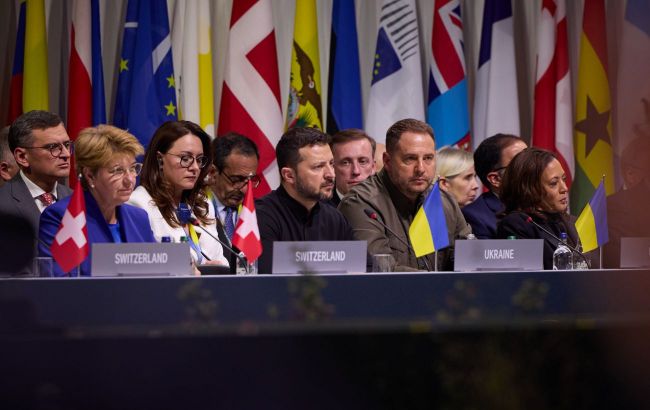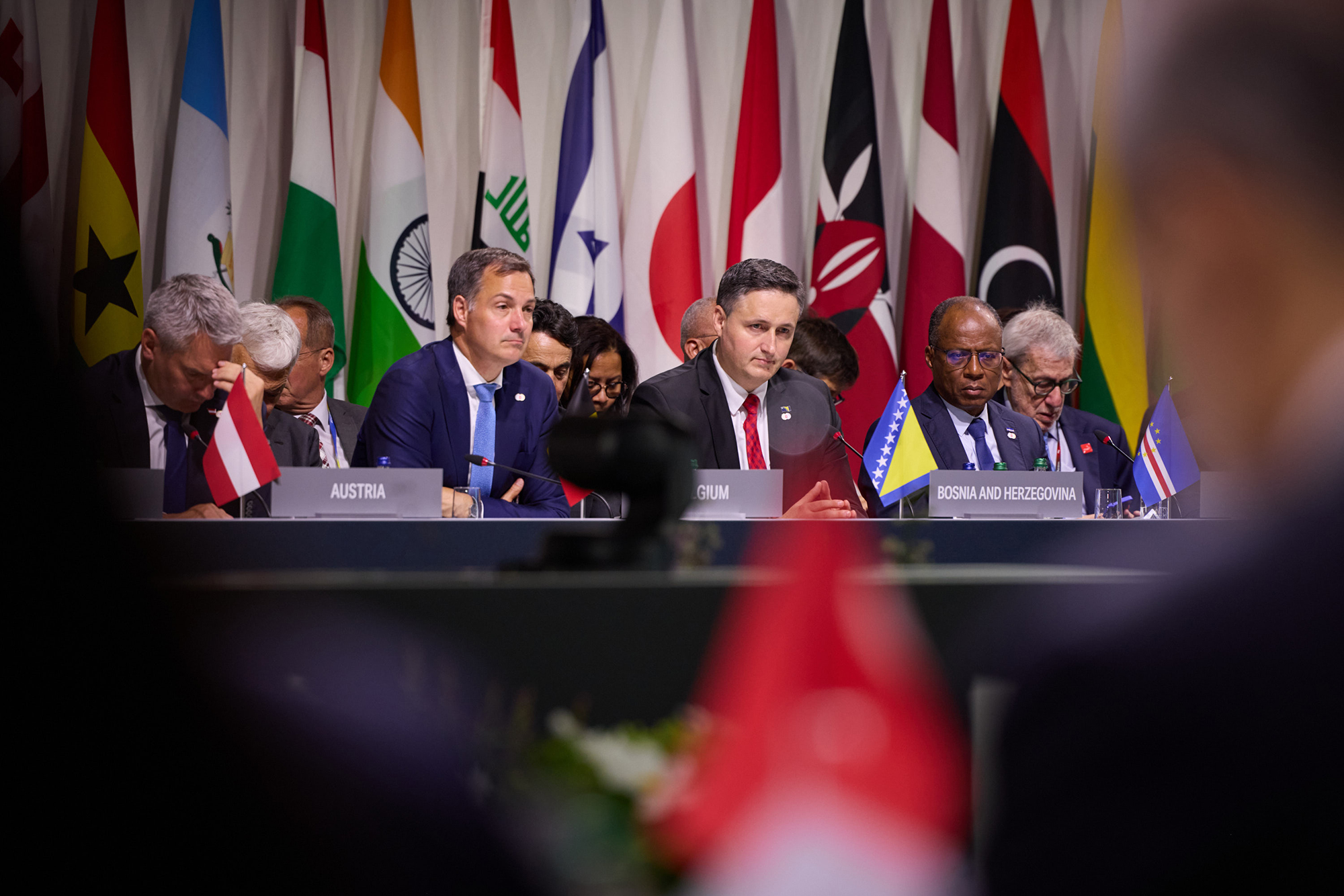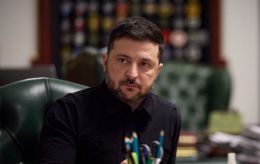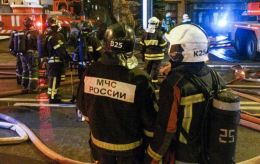Peace summit results for Ukraine and next steps
 Peace summit results for Ukraine (photo: President's Office)
Peace summit results for Ukraine (photo: President's Office)
Read more about what Ukraine was able to achieve at the peace summit and what it failed to do, how events will develop further, and what role Donald Trump will play in the RBC-Ukraine article.
The successful holding of the peace summit was certainly one of the main tasks of Ukrainian diplomacy this year. On balance, the two-day event can be considered an asset for Ukraine.
It is definitely a useful experience to review our allies on a global scale. As expected, most of the summit participants represented Europe. But it would be incorrect to call it an "intra-Western get-together": delegations from Africa and Latin America were very visible.
The summit clearly demonstrated that in the Global South, Russia is still outplaying Ukraine (although the aggressor country's position does not look perfect). The list of countries that took part in the summit but did not sign its final communiqué is particularly revealing. Among them are Brazil, India, and Saudi Arabia, which can be called the conditional leaders of the entire Global South. Probably, all of them see themselves as mediators in ending the Russian-Ukrainian war in one way or another (especially the Saudis) and did not want to worsen their chances and spoil relations with Moscow by taking a pronounced pro-Ukrainian position.

Most participants of the peace summit were from Europe (photo: Office of the President of Ukraine)
The provisions contained in the communiqué itself also seem quite acceptable to Ukraine. The information about the "betrayal" being prepared, which was actively circulated in the media on the eve of the summit, was not confirmed. And the points about the need to return Zaporizhzhia NPP and access to the ports of the Azov Sea to Ukraine look very ambitious, given the current map of military operations.
The summit will result in a peace plan based on the three points of the Zelenskyy formula discussed, but not only, and will be handed over to Russia. And then, as planned, a second peace summit may take place, at which agreements on ending the war may be reached.
According to Zelenskyy, it will take months, not years, to prepare for the second summit. It is possible that they will try to hold it before the US presidential election in early November. This would seem logical for the Joe Biden administration: to record an important foreign policy achievement - the end of the war in Ukraine - before the vote.
But the realization of such a scenario seems extremely unlikely. It is quite obvious that any peace plan developed following the summit will be based on the territorial integrity of Ukraine and the 1991 borders - Zelenskyy made it clear during the event that no other options are acceptable to him.
.jpg) The next peace summit is to be held in a few months (photo: Office of the President of Ukraine)
The next peace summit is to be held in a few months (photo: Office of the President of Ukraine)
At the same time, the position of the aggressor country is exactly the opposite. Before the summit in Switzerland, Vladimir Putin stated his conditions in plain text. The tinsel about "denazification" has almost been discarded, and the main thing is that Russia must seize the entire territory of Donbas, Zaporizhzhia, and Kherson (i.e., even those territories where the Russian army has not been present at all for more than two years). Otherwise, the Russian leader said, the war will continue.
Putin's statements should be read not only literally - in fact, he makes it clear that he would be willing to end (or freeze) hostilities, give or take, on the current demarcation line. For Kyiv, this is not an option, and neither is it for Western leaders. At least, they will not publicly call for it.
However, there is one politician in the West who may be receptive to such Putin's ideas - Donald Trump. In the midst of the summit, he once again reminded us of himself, saying that he would stop supporting Ukraine if he won the election, and even before the inauguration.
Obviously, hopes for a pro-Ukrainian turnaround by Trump, which began to be voiced after he did not prohibit Republicans from voting for the aid package for Ukraine, did not materialize. And the Kremlin's strategy for now may be simple: to impose obviously impossible conditions on Ukraine, to take its time, and simply wait for Trump to come to power.
Unfortunately, Ukraine will not be able to interrupt this scenario by working on the peace summit line. However, so far, thanks to the summit, Ukraine has been able to fix its vision of peace at the global level. Accusing Kyiv of "unwillingness to end the war" would be pointless.

